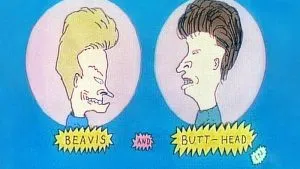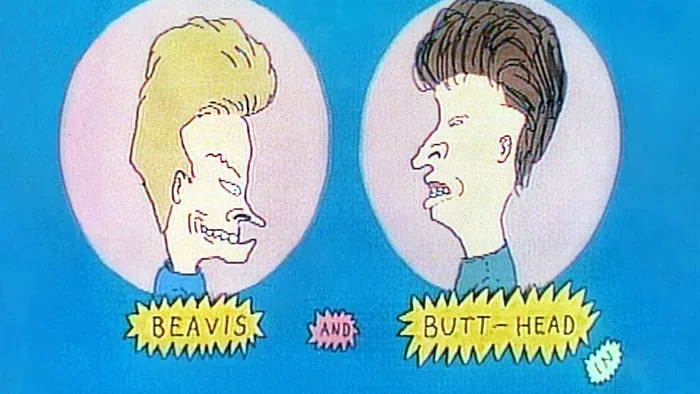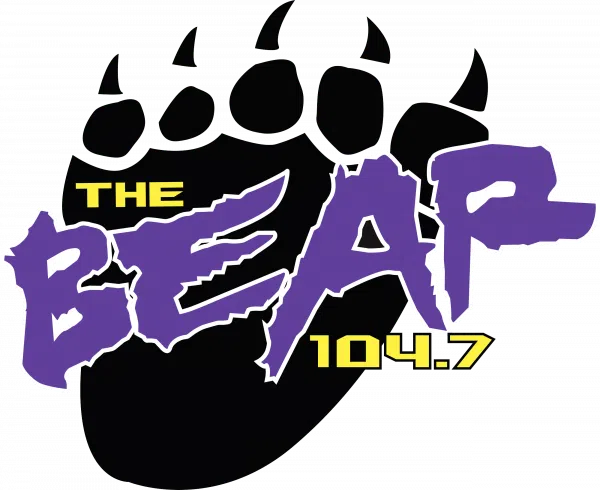 If MTV Classic is anything like MTV, it’ll be on the air for a month before people start complaining they don’t play enough music. The “new” channel launched on August 1st, the 35th anniversary of MTV’s debut, opening up the vaults to a pop-culture treasure trove that’s been gathering dust for years. They should have done this years ago. MTV Classic wants to establish its music cred early on — they were wise to spend most of the first day playing classic Unplugged episodes, with Nirvana, Erykah Badu and R.E.M. The programming is a weird mishmash of music blocks and scripted shows, some classic (Daria!) and others much less so. (Clone High? Laguna Beach?) But MTV Classic can’t figure out what it wants to be — which makes it just like MTV. In the immortal words of Beavis, change it, butt-munch.
If MTV Classic is anything like MTV, it’ll be on the air for a month before people start complaining they don’t play enough music. The “new” channel launched on August 1st, the 35th anniversary of MTV’s debut, opening up the vaults to a pop-culture treasure trove that’s been gathering dust for years. They should have done this years ago. MTV Classic wants to establish its music cred early on — they were wise to spend most of the first day playing classic Unplugged episodes, with Nirvana, Erykah Badu and R.E.M. The programming is a weird mishmash of music blocks and scripted shows, some classic (Daria!) and others much less so. (Clone High? Laguna Beach?) But MTV Classic can’t figure out what it wants to be — which makes it just like MTV. In the immortal words of Beavis, change it, butt-munch.
The greatness of MTV was always the chaotic jumble of music videos — that’s what made it the most influential and innovative television breakthrough of its time, and it’s what future generations will remember about MTV. It had so much space to fill — 24 hours a day — except nobody made videos except Brit poseurs and art freaks and thirsty postpunk nobodies, so MTV had to play them all. The plan wasn’t to start a music revolution; it probably would have rather played the same generic corporate slop that was on rock radio at the time. But that’s why the early days of MTV changed how music sounded as well as looked. Prince, just to pick the most glaring example, made 1999 as a tribute to the New Romantic synth-pop bands he was hearing on MTV, like Duran Duran and Spandau Ballet, and it was MTV that made “Little Red Corvette” and “1999” hits when radio was too chicken to touch them. When we all mourned for Prince this year, we were partly mourning for the pop world that MTV represented: a time of insatiable musical, sexual and cultural experimenting.
The poignance of MTV is that they couldn’t wait to stop playing music and and turn into a real network — with the same crummy game shows, soaps, sitcoms and chatfests as any other cable network. It always yearned to be normal, even though its greatness was its weirdness. MTV Classic focuses on the network’s original shows, but remembering MTV for its shows would be like commemorating Prince for his acting. I’d trade the entire run of Laguna Beach or The Hills for one Adam and the Ants video, and so would you.
Some of MTV’s shows turned out to be keepers, but for every Beavis & Butt-Head or The State or The Andy Dick Show, you’d get countless hours of The Blame Game or Teen Mom or A Shot at Love With Tila Tequila. Look at a triumph of Eighties obsession like Netflix’s Stranger Things — heavily influenced by the ambience of MTV videos, yet not the least bit influenced by any of the channel’s own feeble efforts at dramatic thrillers. MTV couldn’t wait to escape the stigma of being a music channel, yet it was hopelessly inept at trying to be anything else.
So far, MTV Classic is a mess just like the parent channel, which continues to show reality knock-offs and reruns of the same Hollywood movies as any other cable channel. Even when the new Classic kid on the block shows Beavis & Butt-Head, they stick to the disastrous 2011 reboot. (Shut up, fart-knocker!) It needs to embrace the weirdness that was MTV’s one and only claim to brilliance. I mean, think of all the treasures they’re sitting on — they could just rerun a random day of music video from 1982, or 1994, or 1999. Show the original intros, with the five pioneering original VJs: Martha Quinn, Nina Blackwood, Mark Goodman, Alan Hunter and the late great J.J. Jackson. MTV Classic could show the night in 1983 when Duran Duran were guest VJs. (They debuted the “Save a Prayer” video. It wasglorious.) They could break out the Video Music Awards that Chris Rock hosted — 1999, 1997 and 2003. There’s all that 1980s postpunk footage from IRS’ The Cutting Edge, and the MTV inaugural ball for Bill Clinton, where Michael Stipe and Natalie Merchant sang “To Sir With Love.” If MTV Classic wants to make a cultural place for itself in the insanely crowded airwaves of today, it’ll give up on the dumb hope of ever passing for normal television. The original MTV always sucked at normal — that’s exactly why it mattered.
– Rolling Stone








